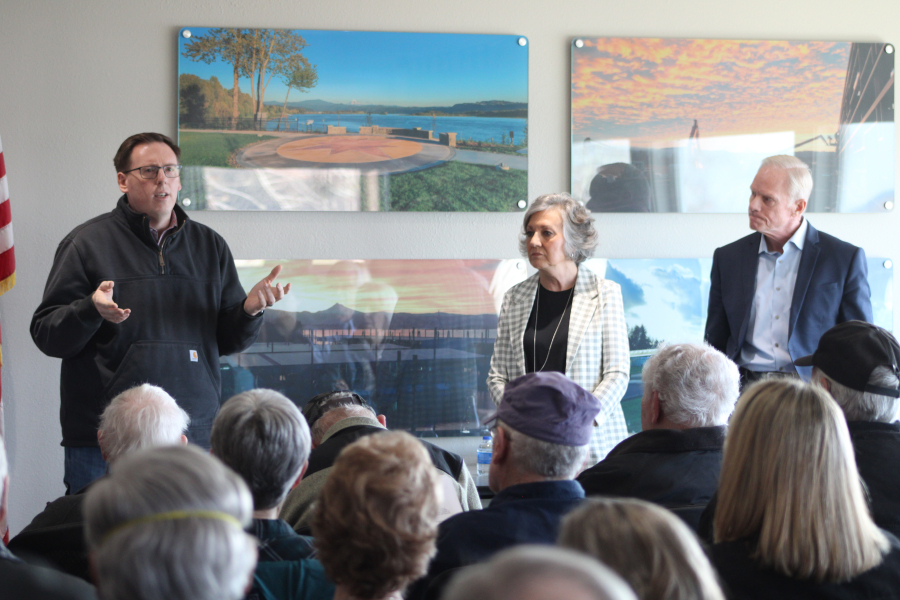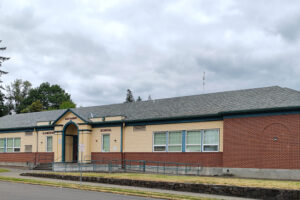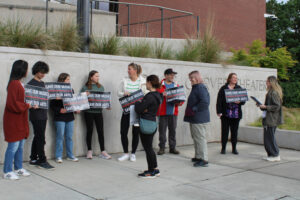A legislative town hall for constituents in the 17th District held Saturday, March 18, at the Port of Camas-Washougal, kicked off with a barrage of bad news.
“Crime is skyrocketing,” said Republican Sen. Lynda Wilson. “It’s at a 25-year high. We’re third in the country for auto thefts … homelessness is off the charts. We have 20 times more homeless per capita than the U.S.”





